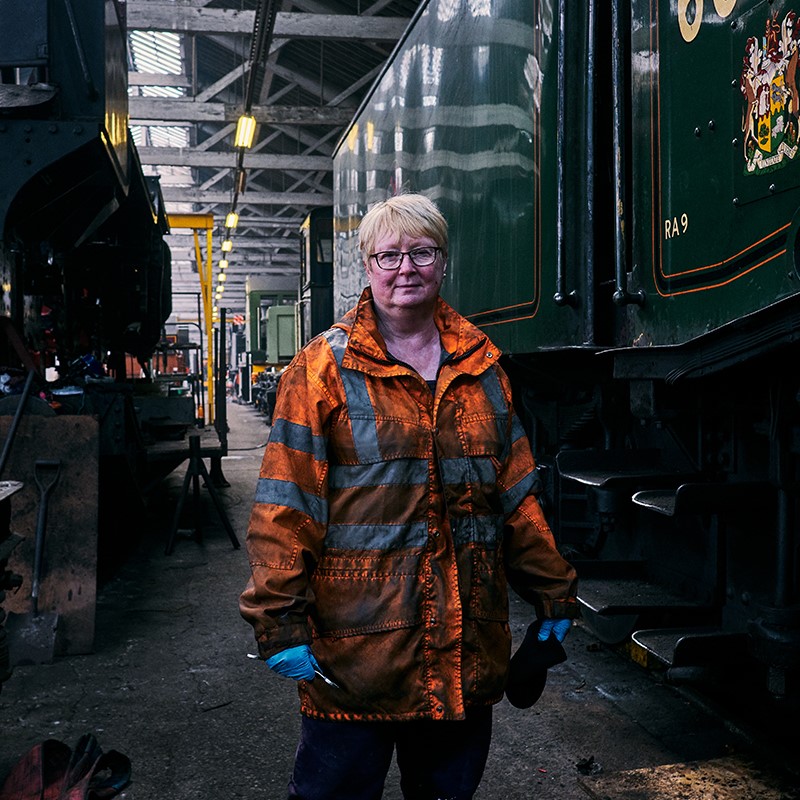To provide the best experiences, we use technologies like cookies to store and/or access device information. Consenting to these technologies will allow us to process data such as browsing behaviour or unique IDs on this site. Not consenting or withdrawing consent, may adversely affect certain features and functions.
The technical storage or access is strictly necessary for the legitimate purpose of enabling the use of a specific service explicitly requested by the subscriber or user, or for the sole purpose of carrying out the transmission of a communication over an electronic communications network.
The technical storage or access is necessary for the legitimate purpose of storing preferences that are not requested by the subscriber or user.
The technical storage or access that is used exclusively for statistical purposes.
The technical storage or access that is used exclusively for anonymous statistical purposes. Without a subpoena, voluntary compliance on the part of your Internet Service Provider, or additional records from a third party, information stored or retrieved for this purpose alone cannot usually be used to identify you.
The technical storage or access is required to create user profiles to send advertising, or to track the user on a website or across several websites for similar marketing purposes.
 In face of growing skills gaps in the UK – post pandemic and Brexit – City & Guilds Group is urging businesses to stop the silver talent drain from the workforce by investing in upskilling valuable older workers – or risk further productivity shortfalls during the recovery period. More →
In face of growing skills gaps in the UK – post pandemic and Brexit – City & Guilds Group is urging businesses to stop the silver talent drain from the workforce by investing in upskilling valuable older workers – or risk further productivity shortfalls during the recovery period. More →






 Research from
Research from 
 Innovation of materials and creativity remain at the forefront of British design as 27 outstanding submissions from three categories are to be awarded the coveted
Innovation of materials and creativity remain at the forefront of British design as 27 outstanding submissions from three categories are to be awarded the coveted 
 Senior executives aged 55+ have fared better than ‘millennial’ leaders (aged under 35) during the global pandemic.
Senior executives aged 55+ have fared better than ‘millennial’ leaders (aged under 35) during the global pandemic. 


 The number of women aged between 60 and 64 in work has increased by 51 percent since the 1995 Pensions Act came into effect which increased the female state pension age from 60 to 65 since 2010, claims research from
The number of women aged between 60 and 64 in work has increased by 51 percent since the 1995 Pensions Act came into effect which increased the female state pension age from 60 to 65 since 2010, claims research from 














March 2, 2020
Workers are as important as external stakeholders
by Bianca West • Comment